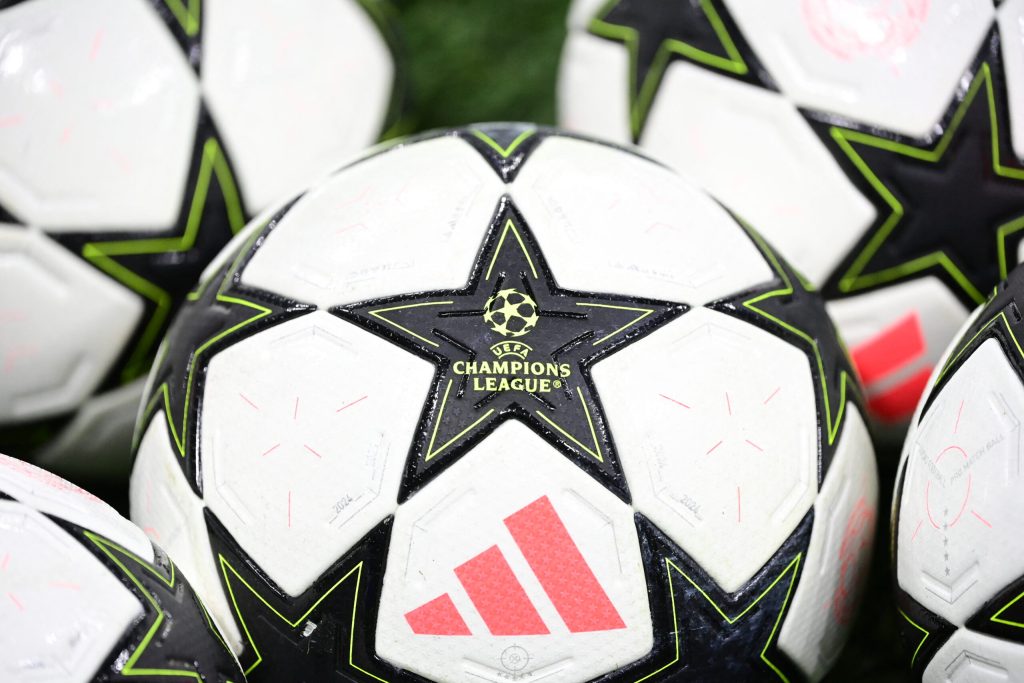Super League promoters revealed that they have requested official recognition from FIFA and UEFA for their newly renamed competition, the Unify League, citing a ruling from Europe’s top court.
A22 Sports Management, the group behind the proposal, confirmed it submitted the plans after consulting with various leagues, clubs, and stakeholders. The revamped qualification system for the league will be based on annual domestic performance, rather than fixed spots for select teams.
The proposal outlines a 96-team competition divided into four leagues, running from September to April, followed by a knockout phase beginning with the quarter-finals.

In a statement, A22 referenced last year’s European Court of Justice (ECJ) ruling, arguing that “any competition where qualification is inclusive and meritocratic, and which aligns with the overall match calendar, can be officially established.”
Additionally, A22 pledged that matches would be streamed live for free on a dedicated platform.
European football was rocked in early 2021 when 12 of its top clubs revealed they had signed up for a breakaway Super League, sparking an intense backlash from fans and UEFA, which threatened to bar participating clubs and players from major competitions, including the World Cup.
Within two days, nine of the 12 clubs—including six from the Premier League—withdrew, causing the project to collapse. However, Real Madrid and Barcelona remain strong supporters of the idea.
In 2022, the ECJ ruled that UEFA had violated EU law by using its “dominant position” in European football to block a potential breakaway league. Following this, A22 used the court’s decision to announce plans for a new 64-team tournament designed to rival or replace UEFA’s flagship Champions League. This move, however, was met with widespread criticism.
In May 2023, a Spanish court determined that FIFA and UEFA had “prevented free competition” by opposing the Super League, although UEFA maintained that it did not officially endorse the creation of such a league.
“The judgment does not grant third parties the right to develop competitions without authorisation and does not concern any future or modified version of an existing project,” UEFA responded at the time. The organisation also pointed out that it had introduced new regulations to ensure compliance with EU law.


